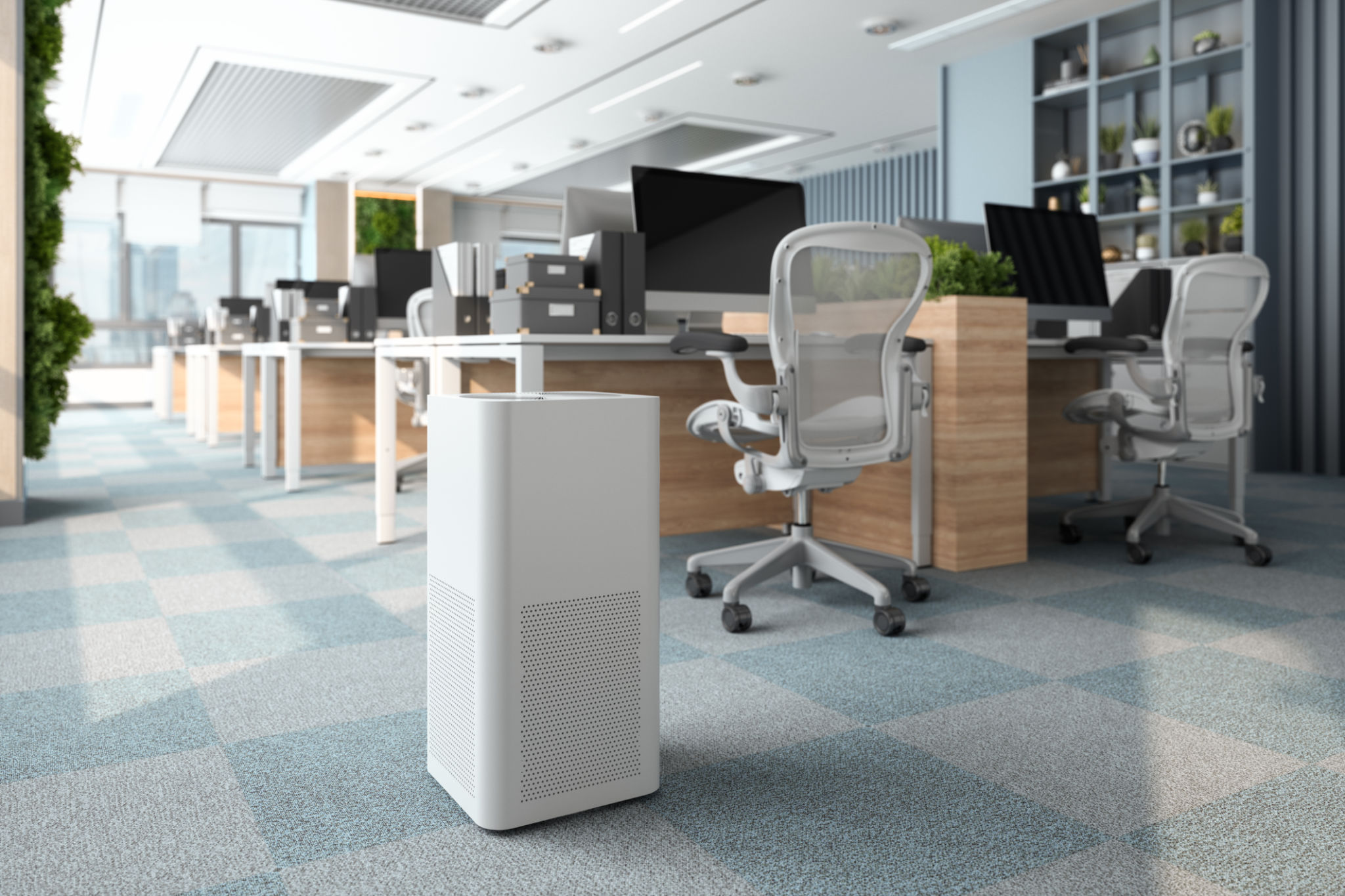DIY Tips for Enhancing Indoor Air Quality in Bell Gardens
Understanding the Importance of Indoor Air Quality
Indoor air quality is crucial for maintaining a healthy living environment, especially in urban areas like Bell Gardens. With pollutants and allergens prevalent both indoors and outdoors, taking proactive steps to enhance indoor air quality is essential for your family's well-being. In this post, we'll explore some effective DIY tips to help you breathe easier at home.

Regular Cleaning and Dusting
One of the simplest ways to improve indoor air quality is through regular cleaning. Dust and allergens accumulate quickly, which can exacerbate respiratory issues. Aim to dust surfaces and vacuum carpets at least once a week. Don't forget to clean areas like windowsills and ceiling fans, which often get overlooked.
Choosing the Right Cleaning Products
When selecting cleaning products, opt for non-toxic and environmentally friendly options. Many conventional cleaners contain volatile organic compounds (VOCs) that can pollute indoor air. Ingredients like vinegar, baking soda, and lemon are excellent for DIY cleaning solutions that are both effective and safe.

Improve Ventilation
Adequate ventilation is key to maintaining good indoor air quality. Open windows regularly to allow fresh air to circulate throughout your home. If outdoor pollution is a concern, consider using exhaust fans in areas like the kitchen and bathroom to remove stale air and reduce humidity levels.
Using Air Purifiers
Air purifiers can be a valuable addition to your home, especially if you suffer from allergies or asthma. These devices help remove pollutants, allergens, and even some viruses from the air. When choosing an air purifier, look for one with a HEPA filter for maximum effectiveness.

Incorporate Indoor Plants
Indoor plants not only beautify your home but also help improve air quality by filtering out toxins. Some of the best air-purifying plants include spider plants, snake plants, and peace lilies. Place them in different rooms to maximize their benefits.
Proper Placement of Plants
To get the most out of your indoor plants, ensure they are placed in areas with adequate light and proper airflow. Avoid overcrowding them in one spot, as this can hinder their ability to purify the air effectively.

Control Humidity Levels
Maintaining optimal humidity levels is crucial for preventing mold growth and reducing allergens. Aim for a humidity level between 30% and 50%. Use dehumidifiers in damp areas like basements and bathrooms to keep moisture under control.
Simple DIY Humidity Solutions
If a dehumidifier isn't an option, try placing bowls of charcoal or silica gel in humid rooms as a natural way to absorb excess moisture. Additionally, ensure that any leaks or water damage are promptly addressed to prevent mold growth.